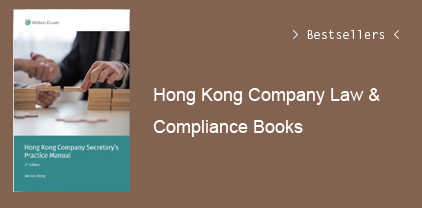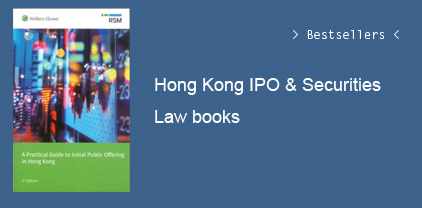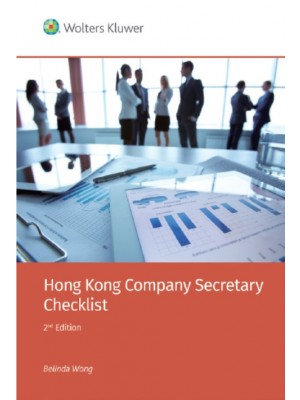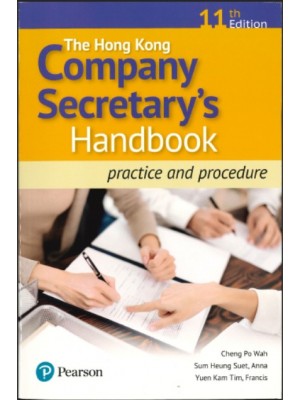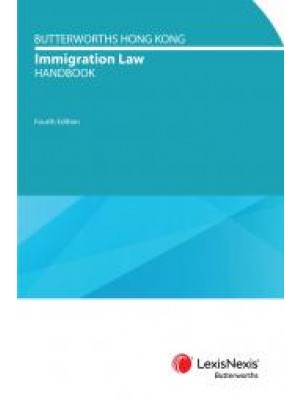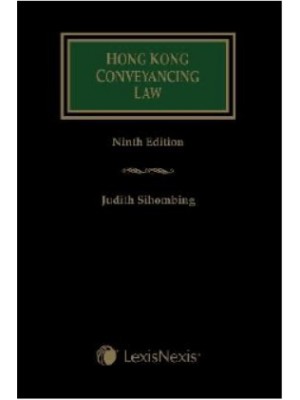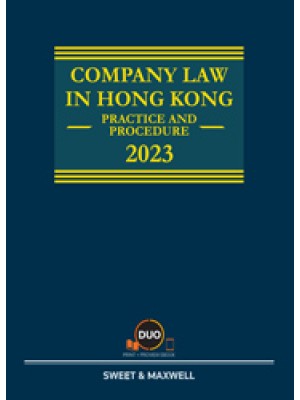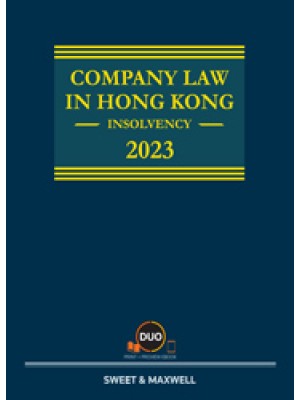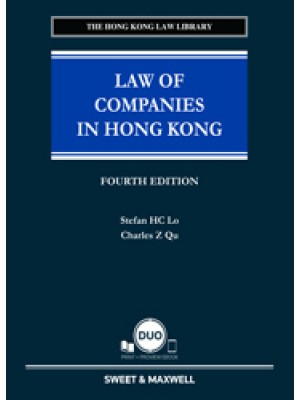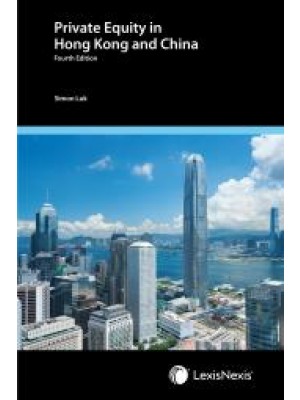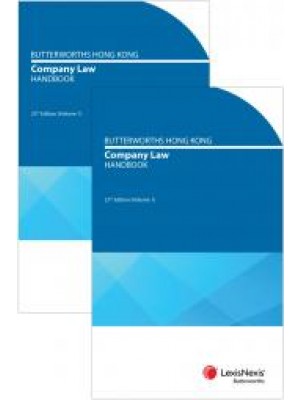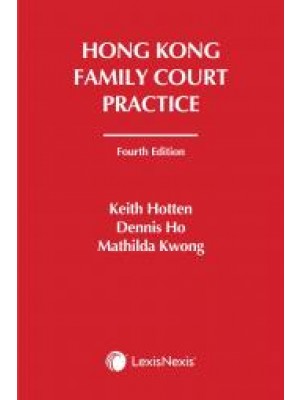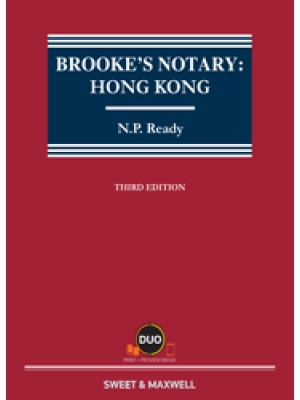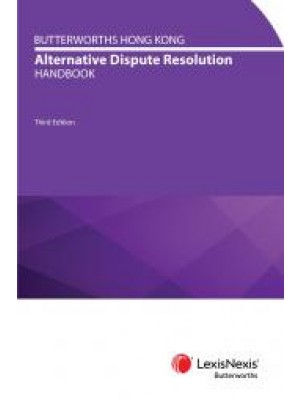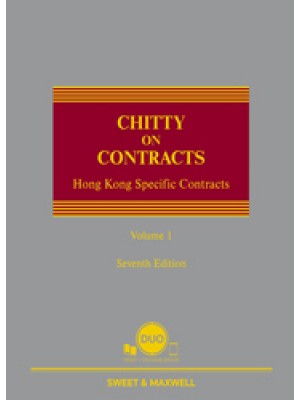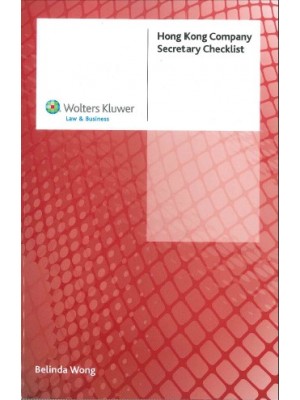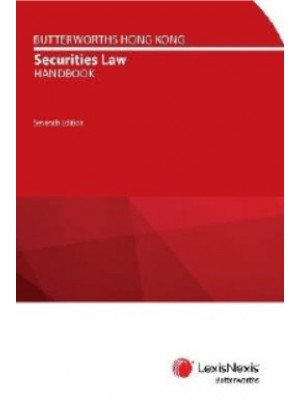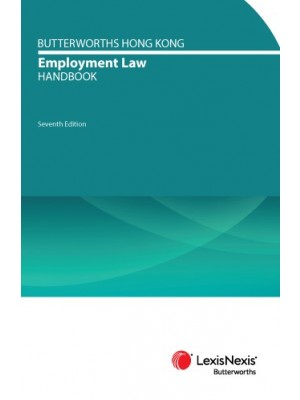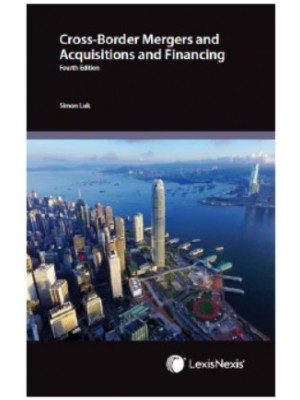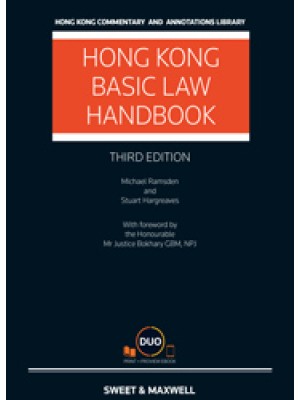-
Details
An invaluable information source for HR professionals and people managers. Ensure you're up to date with the strategic, practical and legal aspects of human resources management in the contemporary business environment. This edition has been comprehensively updated with the latest research and thinking on key areas such as employment law, equal opportunity, work health and safety, workers compensation, workplace bullying, social media and career management.
Understand the impact of changes to the Fair Work Act 2009 on your organisation and how to achieve best practice in human resources management.
-
The Guide consists of 66 chapters, key chapters include:
- Human Resource Management in Uncertain and Changing Times
- Strategic and Sustainable Human Resource Management
- Assessing the Human Resources Contribution
- Diversity Management: A Strategic Initiative Beyond Equal Employment
- Employment Contracts
- Law and the Employment Relationship
- Awards, Workplace Agreements and Enterprise Agreements
- The Role of Unions – Right of Entry and Industrial Action
- Workforce Planning
- Work Health and Safety
-
Prepared by CCH Australia in partnership with Baker & McKenzie Lawyers, the Macquarie Graduate School of Management and external subject matter experts
-
Michelle Leighton, senior editor of the Australian Master Human Resources Guide – 11th Edition, draws on the title to give you insight into the top changes taking effect in the employment law landscape.
Set out below is an overview of the changes affecting the strategic, practical and legal aspects of human resources and people management in 2016.
This article references the latest research and provides insights to assist practitioners in the contemporary business environment.
EMPLOYMENT LAW
- The employment relationship is contractual in nature and constitutes an undertaking from an employee to provide services to an employer within the scope of the employee’s job description. In turn, the employee is remunerated for this service. Major considerations include:
- The nature of the employment contract;
- The relationship between the employment contract and other industrial instruments;
- Common terms and conditions of employment;
- Issues surrounding the preparation, drafting and variation of employment contracts;
- Different types of employment structures; and
- The impact of legislative requirements of “fairness” on employment contracts.
- Further, consideration of employment contracts and the principal of fairness as an implied right, is discussed in the High Court decision of Commonwealth Bank of Australia v Stephen Barker [2014] HCA 32.
- In this decision, the High Court rejected the general implication of a narrower obligation on the employer not to damage, without reasonable cause, the relationship of trust and confidence between the parties.
AWARDS, WORKPLACE AGREEMENTS AND ENTERPRISE AGREEMENTS
- In addition to common law, certain terms and conditions of employment are regulated by a range of industrial instruments, including modern federal awards, federal enterprise agreements, state collective agreements and individual agreements and state awards.
- The Fair Work Amendment Act 2015 commenced on 27 November 2015 and highlights the following changes:
- An employer can now apply for approval of a single-enterprise greenfields agreement within a reasonable time after a six month negotiation period.
- Bargaining representatives can be appointed for single-enterprise greenfields agreements and can include an employee organisation if the employer agrees to bargain with it.
- Good faith bargaining requirements apply to bargaining representatives during the notified negotiation period.
- The safety net provisions and better off overall test apply. Also, to approve such an agreement, Fair Work Commission (FWC) must be satisfied of the consistency between the agreement and the prevailing pay and conditions in the relevant industry.
- Employee bargaining representatives will not be able to apply for a protected action ballot order – commencing the process of taking protected industrial action in support of bargaining claims – until the employer is obliged to issue a notice of representational rights to the employees.
- If an employee claims previously unclaimed money which has been paid to the Commonwealth on their behalf, the Fair Work Ombudsman must now pay the money to the employee with interest at the applicable rate.
INDEPENDENT CONTRACTORS
- Workers are engaged to perform work either as employees or independent contractors. Over the years, workers have become increasingly attracted to the independence, diversity of work opportunities and usually the higher rates of pay associated with contractor status.
- The difference between an independent contractor and an employee has been highlighted by significant case law on the matter.
- The recent decision of Fair Work Ombudsman v Quest South Perth Holdings Pty Ltd [2015] HCA 45, where the High Court of Australia affirmed that s 357 of the Fair Work Act 2009 (Cth) encompasses “triangular” sham contracts involving third parties.
EQUAL EMPLOYMENT OPPORTUNITY
- In considering the operation of anti-discrimination legislation in Australia, equal opportunity and the application of anti-discrimination legislation within the workplace:
- It is important to set out the minimum standards of behaviour designed to allow all persons equitable access to the Australian workforce.
MISLEADING OR DECEPTIVE CONDUCT IN EMPLOYMENT
- In this developing area of law, the misleading or deceptive conduct in employment and the use of legislation to redress such conduct requires addressing.
- Employers need to prioritise important issues and attempts to determine the key circumstances in which its conduct and the conduct of its employees are likely to be caught by prohibitions.
- There are extensive case law examples that address the liability of not only employers and employees for misleading or deceptive conduct but that of recruiters as well.
WORK HEALTH AND SAFETY AND WORKERS COMPENSATION
- The goal of occupational/work health and safety (OHS/WHS) laws is to minimise workplace risks, ensuring that workplaces are free from risks to health and safety as far as is reasonably practicable.
- Relative to Work Health and Safety is compensation. Compensation for workplace injury or illness is accepted as a reasonable tenet of an equitable and democratic society.
- Proactive safety policies and consciousness not only make workplaces safer, they also represent the best means of limiting workplace injury costs, saving both employers and the community from what can be a substantial amount of money for the costs arising from the sometimes permanent disablement of injured workers.
BULLYING IN THE WORKPLACE
- There is no doubt that workplace bullying is widespread and common in most workplaces today.
- In understanding what constitutes bullying and the effective ways in which employers can prevent or manage such behaviour within the workplace, we must consider the bullying provisions in the Fair Work Act (2009) (Cth).
- A relatively new area of law, numerous highlight case examples include:
- The more recent decisions of Mac v Bank of Queensland Ltd; Locke; Thomspon; Hester; Van Den Heuvel; Newman [2015] FWC 774 (13 February 2015), where the Fair Work Commission ruled that a lawyer had not been bullied when she was placed on a performance improvement plan given she had received a number of poor performance reviews previously.
PRIVACY
- Privacy in the workplace is becoming a significant issue for employers as a result of increased email and internet usage and improved information storage.
- Employees are also becoming more protective and aware of privacy issues at work.
- The “right” to privacy and practical questions to be considered in assessing the applicability of Australian Privacy Principles and the impact thereof, must factor in ongoing Privacy Law reforms and the future implementation thereof.
- On a broader scale, workplace surveillance, and requirements on a State by State basis, are important to note.
SOCIAL MEDIA AND NETWORKING
- Social media and networking have become an integral part of the workplace today.
- Many organisations are therefore required to manage, understand and harness the use of social media platforms such as Twitter, Facebook, Instagram, and Linkedin for marketing as well as engagement and feedback with clients/customers, suppliers and current and future employees.
- Employers need to establish and integrate clear guidelines for employees within the workplace.
LEAVE
- Employers deal with various leave entitlements including personal, sick and carer’s leave, long service leave and other types of leave.
- These leave entitlements are governed by a variety of sources, including federal and state legislation, awards and industrial instruments and, where the employee has an individual contract, by the terms of that contract.
- Changes brought about by the enactment of the Fair Work Amendment Act 2015 include that an employer may not refuse a request for extended unpaid parental leave unless it has given the employee a reasonable opportunity to discuss their request.
- The enactment of the Long Service Leave (Portable Scheme) Amendment Act 2016 means that the portable long service scheme will now expand to include aged care and waste sector workers from 1 July 2016.
Australian Master Human Resources Guide – 11th Edition keeps you up to date with all the latest HR developments, covering all the areas addressed above and more.
The practical handbook, designed specifically for HR professionals and anyone who manages people, has been updated by external subject matter experts to reflect changes.


